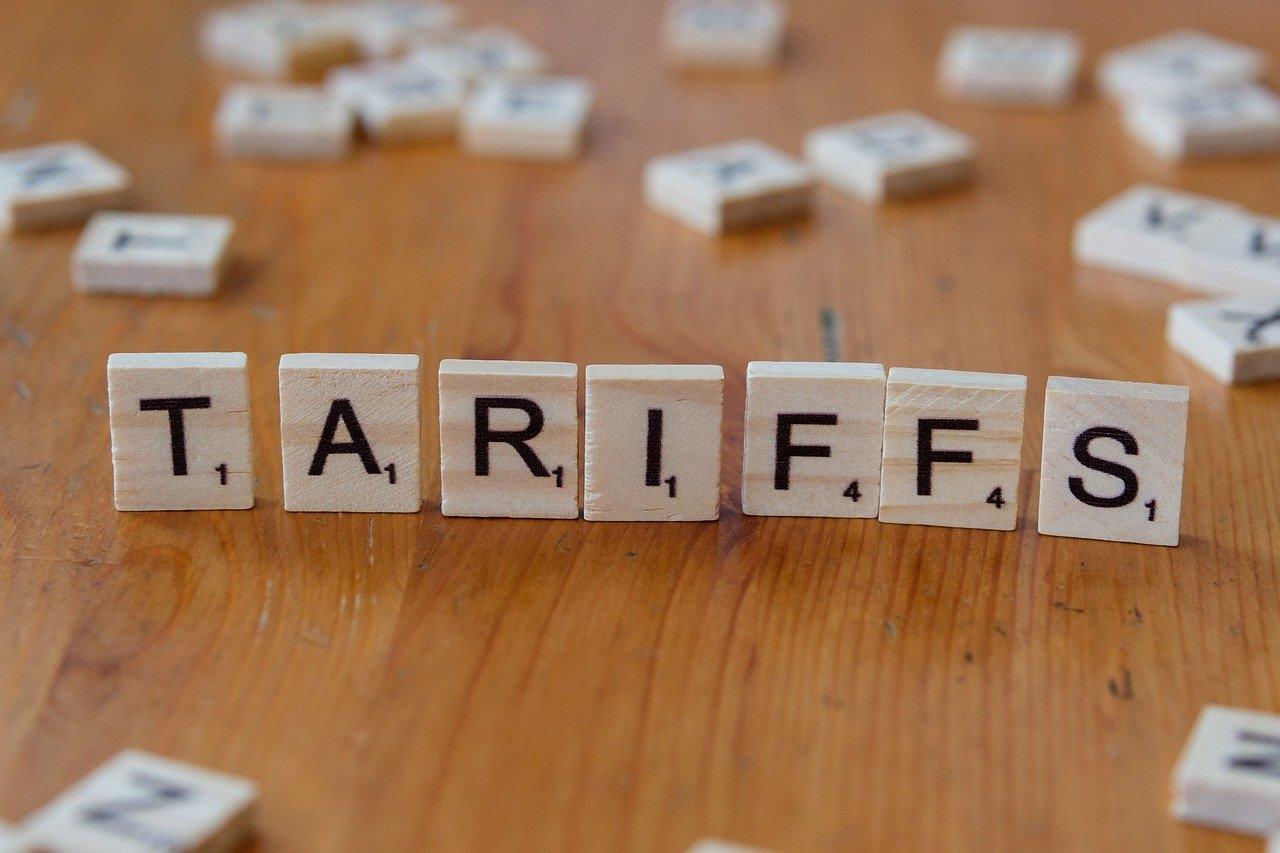
403
Sorry!!
Error! We're sorry, but the page you were looking for doesn't exist.
Supreme Court Set to Hear Trump Tariff Case
(MENAFN) The US Supreme Court convenes Wednesday to examine a pivotal constitutional challenge against President Donald Trump's emergency tariff regime—a case poised to fundamentally reshape executive trade authority.
Small business owners and multiple state governments contend that tariffs imposed through the International Emergency Economic Powers Act (IEEPA)—a 1977 statute permitting sanctions against "unusual and extraordinary" threats—violated legal boundaries and warrant nullification.
Should challengers prevail, federal authorities could face demands to reimburse portions of approximately $90 billion in import levies amassed since the tariffs' implementation.
Trump activated emergency provisions in February, slapping tariffs on imports from China, Mexico, and Canada before dramatically escalating measures in April to encompass virtually all trade partners. He characterized America's trade deficit as a "national emergency."
Last August, Trump cautioned via his Truth Social platform that striking down the tariffs would "destroy" the US economy. This past weekend, he announced he would skip the court proceedings to prevent a "distraction," warning that defeat would "weaken" the US and obstruct future trade negotiations.
Opponents maintain that while the IEEPA grants presidential trade regulation powers, it doesn't authorize tariff imposition—a function they argue belongs exclusively to Congress under constitutional law.
The litigation follows multiple adverse lower court decisions. An August federal appeals panel ruled 7-4 that Trump overstepped legal authority. Another August 29 judgment similarly determined the tariffs were illegitimately enacted without congressional consent.
The Supreme Court's verdict, anticipated early next year, threatens significant ramifications for US trade relationships with the EU and worldwide allies.
Small business owners and multiple state governments contend that tariffs imposed through the International Emergency Economic Powers Act (IEEPA)—a 1977 statute permitting sanctions against "unusual and extraordinary" threats—violated legal boundaries and warrant nullification.
Should challengers prevail, federal authorities could face demands to reimburse portions of approximately $90 billion in import levies amassed since the tariffs' implementation.
Trump activated emergency provisions in February, slapping tariffs on imports from China, Mexico, and Canada before dramatically escalating measures in April to encompass virtually all trade partners. He characterized America's trade deficit as a "national emergency."
Last August, Trump cautioned via his Truth Social platform that striking down the tariffs would "destroy" the US economy. This past weekend, he announced he would skip the court proceedings to prevent a "distraction," warning that defeat would "weaken" the US and obstruct future trade negotiations.
Opponents maintain that while the IEEPA grants presidential trade regulation powers, it doesn't authorize tariff imposition—a function they argue belongs exclusively to Congress under constitutional law.
The litigation follows multiple adverse lower court decisions. An August federal appeals panel ruled 7-4 that Trump overstepped legal authority. Another August 29 judgment similarly determined the tariffs were illegitimately enacted without congressional consent.
The Supreme Court's verdict, anticipated early next year, threatens significant ramifications for US trade relationships with the EU and worldwide allies.

Legal Disclaimer:
MENAFN provides the
information “as is” without warranty of any kind. We do not accept
any responsibility or liability for the accuracy, content, images,
videos, licenses, completeness, legality, or reliability of the information
contained in this article. If you have any complaints or copyright
issues related to this article, kindly contact the provider above.


















Comments
No comment